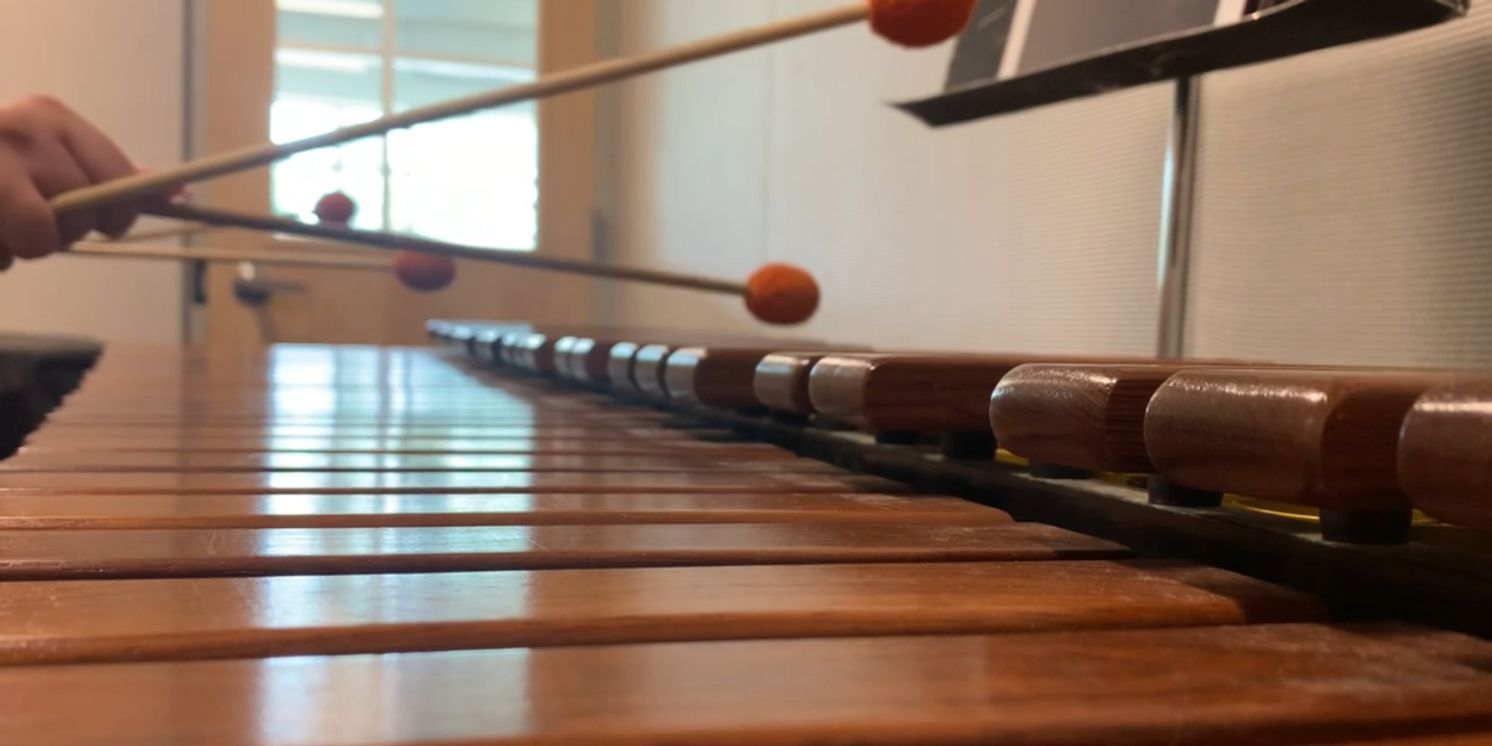Student Blog: How I Manage Nerves Before a Performance
When it comes to performing in recitals, juries, or musicals, nerves can come and go in different amounts. Here is my advice for working through those nerves!

Hello!
I've never really been able to pinpoint what my feelings are regarding performing in front of an audience. I had a lot of practice with public speaking in elementary school, and I did debate in high school. I don't think I was very good at those things, but I did enjoy them, and I'm glad I got exposed to, and thus comfortable with, speaking in front of a crowd.
When it comes to presentations, speeches, or performances, every instance is different. I've had a performance where I was insanely nervous for many days leading up to it. I couldn't get it off my mind. I've had other performances where I was really excited to show what I've worked on to an audience. Of course, getting over-excited can affect your performance too. The thing about anxiety is that you do not have to get rid of it; instead, your goal should be to find different ways of working through it.
In college, especially as a music performance student, there's a lot of times where you have to present something for an audience. Many of (perhaps all) the liberal arts students at my school have to take a public speaking course called Speech Fundamentals. This is a class that some students like, and that other students dread.
I think if you are one of the students that is nervous to take this kind of class, you should start little by little. There will be many things you have to try to keep in mind, like eye contact, body language, and pacing, but try not to get overwhelmed by all that; instead, try to make one goal per presentation, such as getting your speech to be at least 3 minutes long, or trying to cut down on saying things like "like" and "um". Do everything you can to meet that goal, and then add another goal on top for next time, then another one after that, and so on.
Practicing really helps, but if you're like me and you feel awkward practicing in front of someone, there are other things you can do. Sometimes I'll grab a friend and, rather than giving a full blown speech to them, I'll tell them the rough outline of what my speech is about, and allow that friend to interject every now and then with opinions. If that friend is interested and gives opinions, then that's great news, because you've chosen a topic that can grab attention.
Even reciting your speech in your head is something. If I'm having trouble falling asleep before a speech or a performance and I really can't distract myself, I'll sometimes do a run-through in my head. It helps me identify, confront, and work through specific points that make me nervous, all without having to get out of bed!
I will also prioritize getting a warm-up in immediately before I have to present. If it's a speech, then I will devote a few minutes to reviewing each of my points beforehand. If it's a marimba recital, then I will try to warm up on the marimba for as long as I can, playing scales, or even playing random notes, just to wake up my hands. I'll do the same for a piano recital. Being able to review before presenting something really helps me feel reassured.
Watch what other people do when they are giving a speech or performing something! You may find that someone's speech uses a narrative structure that you hadn't thought of before, or that someone has a style of performing that you want to try out for next time. When I'm watching my fellow classmates performing on stage, I see some of them cracking jokes while setting up, and I see others quietly getting set up, not interacting with the audience at all. I think these are both valid attitudes, you just have to find what makes you the most comfortable.
The most important thing is to let yourself make mistakes. Generally, your audience probably won't notice your mistakes. However, even if they do, the most important thing is how you bounce back from them. Try not to make a big deal over a mistake, just keep moving forward.
Hopefully I've given you something new to try out in the future, and I wish you all luck in the upcoming year!
Videos


